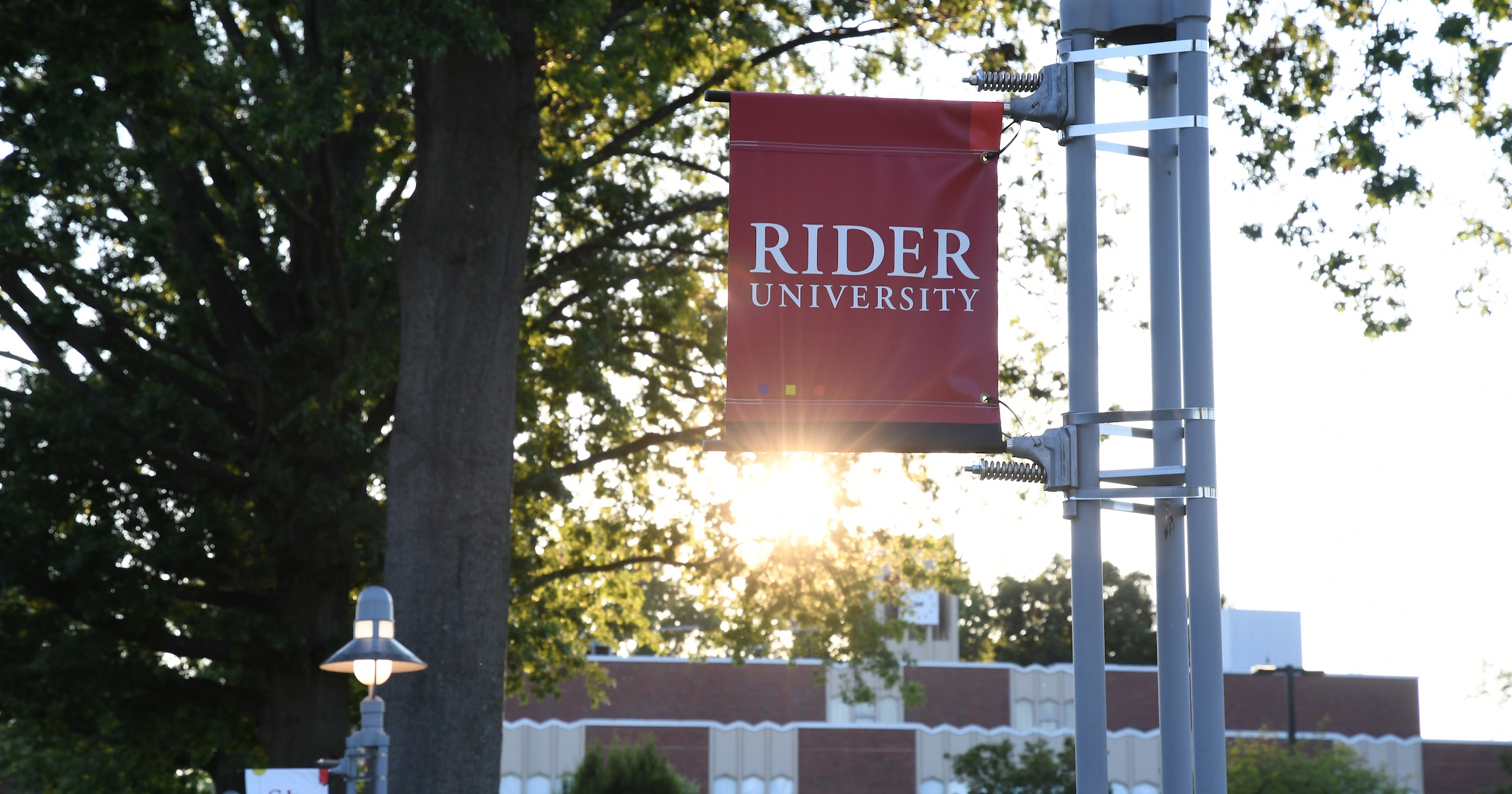Monday, Aug 31, 2020
University named one of 386 best colleges, a best northeastern college
by Rachel Stengel '14, '20
Rider University was listed in The Princeton Review’s “Best 386 Colleges” Guide for 2021.
In addition to the University's overall ranking, Rider was also recognized as a best northeastern college. Only about 14% of America’s four-year colleges are profiled in The Princeton Review.
"We are always proud to see Rider recognized on a national level as it speaks volumes to the value of a Rider education," says Provost and Vice President of Academic Affairs DonnaJean Fredeen, Ph.D. "Attending Rider is truly a transformative experience for students. They're able to follow their interests, discover new passions and work in a highly supportive environment to achieve their goals."
The Princeton Review does not rank the colleges in the book from one to 386. Instead, it reports 62 ranking lists of top 20 schools in the book in various categories important to prospective applicants and their parents.
"We salute Rider University for its outstanding academics and we are truly pleased to recommend it to prospective applicants searching for their personal ‘best-fit’ college,” said Robert Franek, The Princeton Review's Editor-in-Chief and lead author of The Best 386 Colleges.
Rider provides students the freedom to explore their passions and interests with more than 100 majors and minors. With the launch of the Engaged Learning Program in 2017, Rider students are able to actualize what every graduate of the University knows to be true — the best way to learn is by doing. Every Rider student is required to complete at least two high-impact Engaged Learning experiences, such as study abroad or guided research, to satisfy their graduation requirements. Those experiences are documented on an Engaged Learning Transcript that is earned alongside an academic transcript, which demonstrates to graduate schools and prospective employers the breadth of their undergraduate experience.
The Princeton Review chooses the colleges for the book based on data it annually collects from administrators at hundreds of colleges about their institutions’ academic offerings. It also considers data it gathers from its surveys of college students who rate and report on various aspects of their campus and community experiences for this project.

